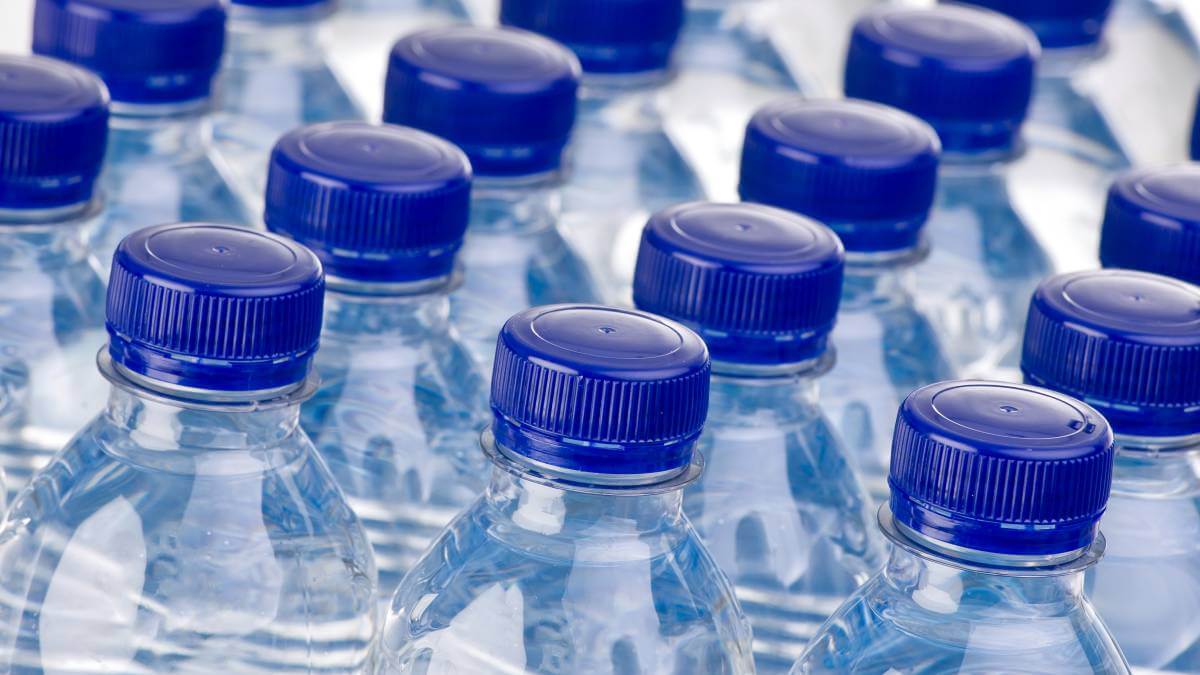Escaping plastic is no easy task these days. And, according to the latest science, it’s even harder than we realised. If you seek refuge from impurity through bottled water, sadly, the latest revelations will disappoint you.
You may already be aware that microplastics are commonly found in bottled water. Very small pieces of plastic – ranging from one microgram to around five millimetres – have been recorded in bottled water for some years.
Now, through improved scientific detection methods, even more startling discoveries are being made. A new technique used by US scientists has found a proliferation of nanoplastics in every bottle of water tested.
The scientists, from New York’s Columbia University, found that on average, one litre of bottled water contained an incredible 240,000 detectable plastic fragments. That falls somewhere between 10 and 100 times previous estimates.
“Previously this was just a dark area, uncharted,” says environmental chemist Adjunct Associate Professor Beizhan Yan. “Toxicity studies were just guessing what’s in there.”
What does this say about the risk of bottled water?
That is something of a $64,000 question. So small are some of these nanoplastics, there’s uncertainty about what damage – if any – they are capable of inflicting.
Independent plastics expert Dr Heather Leslie says it is difficult to say if people should stop drinking bottled water.
“It’s about deciding if it’s right for you,” she says.
“Nanoplastic contamination of our drinking water is a case of convenient plastic packaging technology biting us back.”
But that bite-back has been going on for some years now, and evidence for large-scale detrimental health effects remains scant. And it’s likely to be years yet before scientists get a handle on what consequences there may be.
“By the time the toxicology of nanoplastic exposure at this level is fully elucidated,” Dr Leslie says, “practically every human body on the planet will have been dealing with it for decades.”
Back to the tap?
So is it time to ditch the bottled water and get back to the kitchen tap? I have always been a strong advocate is sticking with tap water. This has not been for any health concerns, but rather the resources used in producing bottled water.
But what about plastics in tap water? Are there as many microplastics and nanoplastics to be found in in tap water?
That’s a question still to be answered, according to Prof. Yan. Other studies have already found that tap water has a lower concentrations of microplastics than bottled water. Now he wants to take another step and test tap water to see if the same holds true for nanoplastics.
While the answer to the question remains out of reach for now, Prof. Yan does not advocate drastic measures. Ingesting nanoplastics through water would not be as bad becoming dehydrated, he says.
And Prof. Yan added another comment, leaving no doubt about his thoughts on the latest science. “I will avoid bottled waters,” he says.
That makes his thoughts crystal clear. Perhaps even more so than the water you’re currently drinking.
Are you a big water drinker? Do you have a preference for the bottled or tap variety? Let us know via the comments section below.
Also read: Does running water really trigger the urge to pee?
Health disclaimer: This article contains general information about health issues and is not advice. For health advice, consult your medical practitioner.


I drink a lot of water, including bottled natural spring water. Given the report provided by Andrew Gigacz it looks like reverting back to tap water. I do, however, have a question regarding tap water … I have a water softener at my house (installed due to the hard water we have in Port Lincoln) – is it safe to drink the tap water?
Your feedback would be greatly appreciated.
Aina